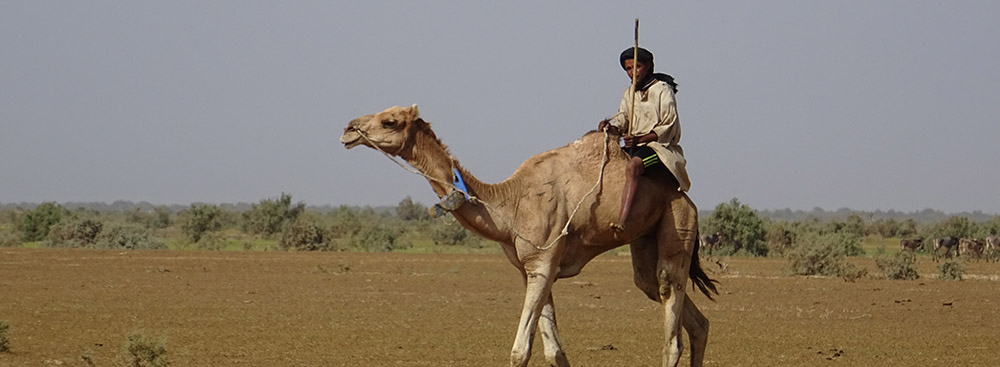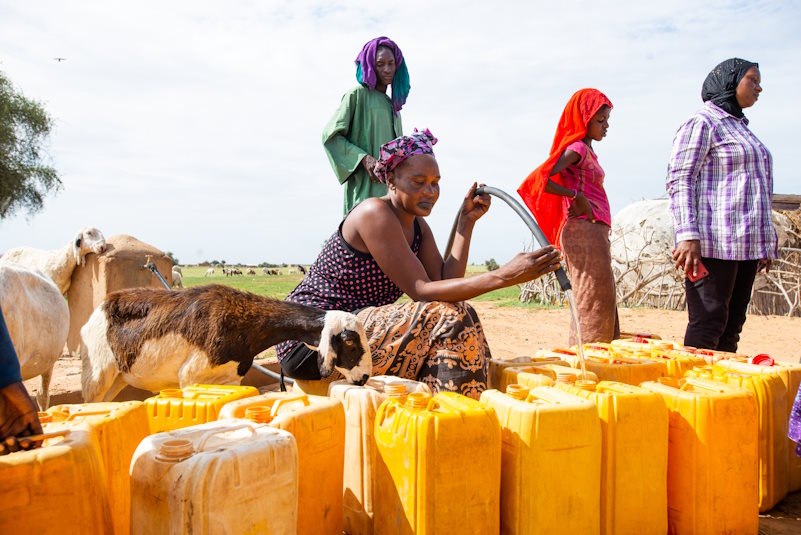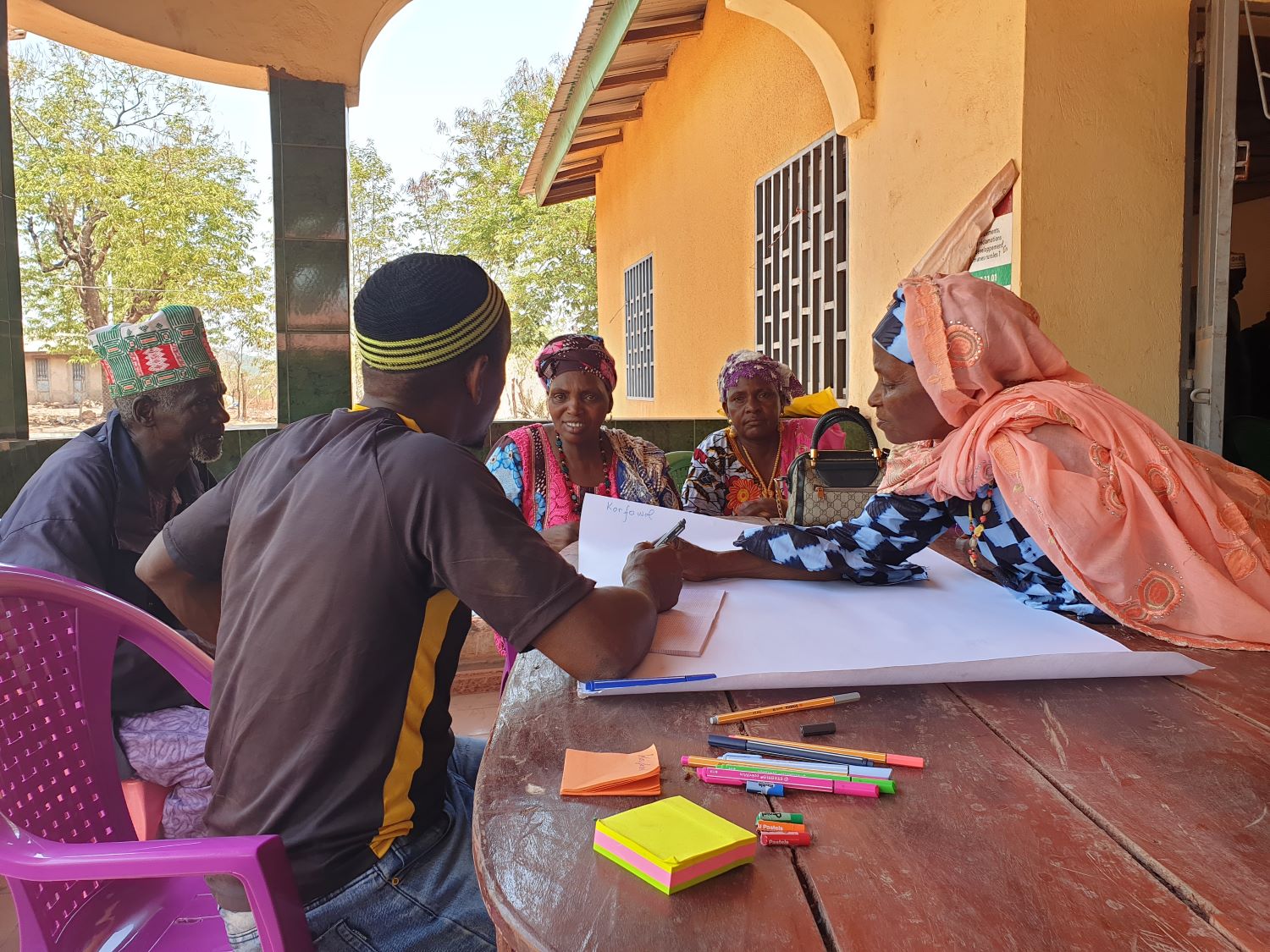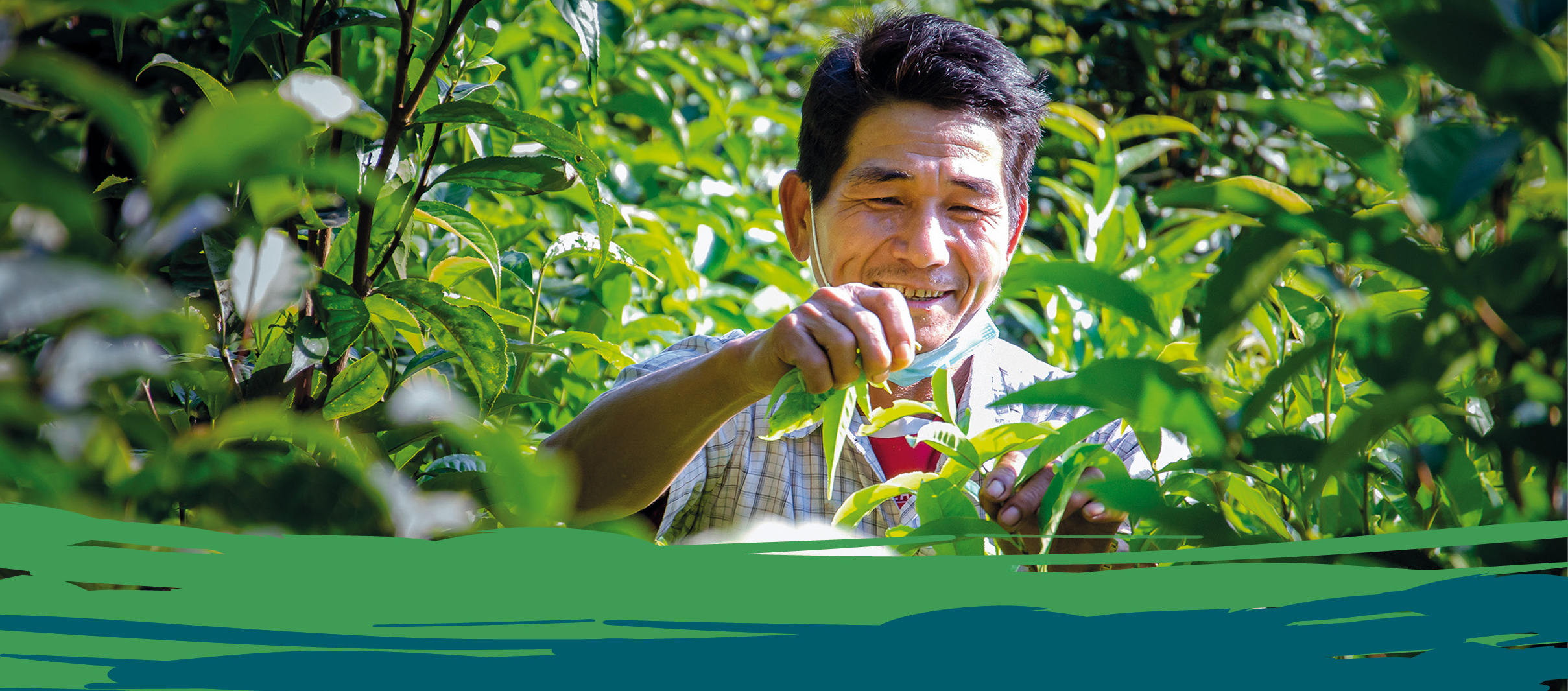Following the signature of a Programme agreement with Agence française de développement (AFD) in 2019, GRET began to consider a commons-based approach in a dozen of its projects. Throughout the year, we will be showcasing these projects, which focus on a variety of subject areas. In this issue: the Sustainable Management of the Diawling National Park (PND) project, in Mauritania.
The PND project, implemented since 2015 by GRET and the Diawling National Park and funded by Fondation Mava, Fondation Ensemble and the BACoMaB Trust Fund, has the triple objective of restoring ecosystems in the Senegal River delta, developing co-management of the protected area and its surrounding environment, and fostering growth of local artisan value chains, valorising the site’s natural resources.

As part of the second objective, two areas located on the outskirts of the park were chosen with representatives from neighbouring populations to experiment a co-management system. These two areas were targeted because one raises issues in terms of its various uses, in particular relating to fishing, livestock farming and artisan trades, while the other has exceptional ecological value. The mangroves on the site play a major role in the reproduction of fish and growth of juveniles and is home to nesting areas for several protected bird species.
Throughout the entire duration of the project, GRET facilitated the participation of local stakeholders, involving two representatives from each of the 25 villages concerned by the use of these areas, as well as representatives from the National Park and the commune. This process consisted of collectively diagnosing resources present and identifying their uses and users; specifying the importance of biodiversity protection; and then jointly developing sustainable management methods. More specifically, the definition of rules of use makes it possible to legislate around exploitation of species, which must be controlled to ensure regeneration of resources. Methods to supervise the areas and sanctions applicable to offenders were also defined. The results of this collective work were formalised in Local management plans (LMPs), making it possible to ensure protection of the park without neglecting the needs of local populations. Local agreements were also drawn up with the stakeholders, enabling recognition of the LMPs and specification of the roles and duties of users (federated in an association), of the National Park and the commune. These agreements also give clarity on the interactions involved in shared governance.

The PND project will end in October 2020, but the in recent months the Covid-19 crisis disrupted its implementation. Today the commons are “shaped”, but governance and management choices have yet to be tested, refined and put in place. It is clear that support is still required, and GRET is seeking new financial partners to support the next phase of operationalisation.






